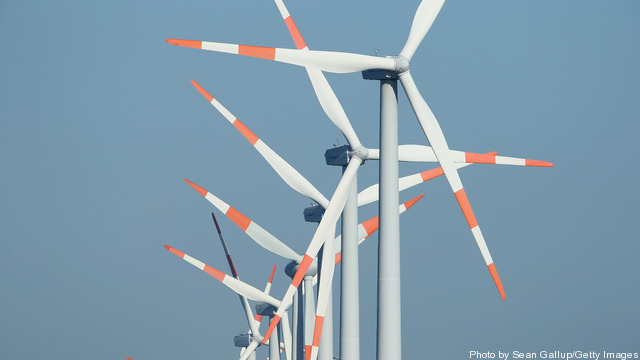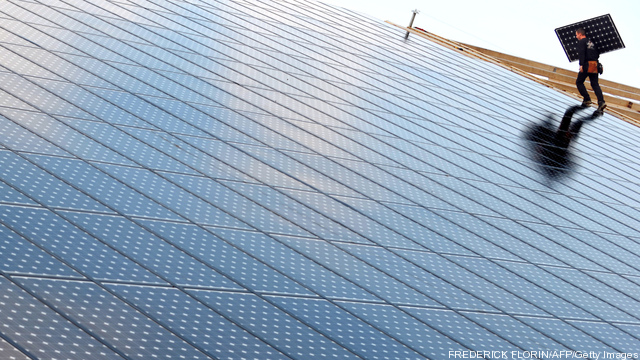
They took it right to the edge, but the US wind energy business managed to rescue the production tax credit around which many of their projects and manufacturing investments are structured. In the process Capitol Hill supporters of the sector rescued a claimed 37,000 jobs and the supply chain for a rapidly expanding form of power generation.
The effort to rescue the wind energy PTC and the also-extended investment tax credit (ITC) was not directly linked to the fiscal cliff debate, but became intertwined with the calendar-driven effort to prevent earlier tax cuts and credits from expiring without any replacement policy in place. The inclusion of the wind energy PTC, which was thought to be sufficiently likely to expire that companies spent significant sums as they rushed to turn on wind farms before the end of 2012, speaks to the expanded power of the wind industry groups in Washington, DC and the increased centrality of the wind energy business to major infrastructure and engineering firms with substantial US manufacturing operations including GE Energy, Siemens and Vestas. Keep reading →








